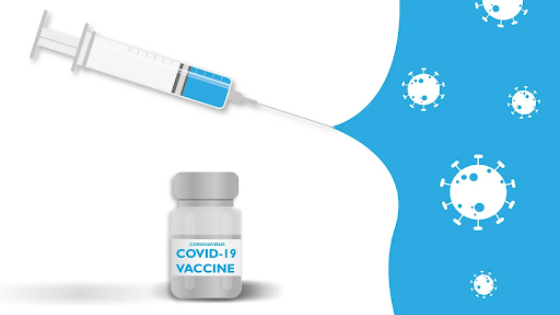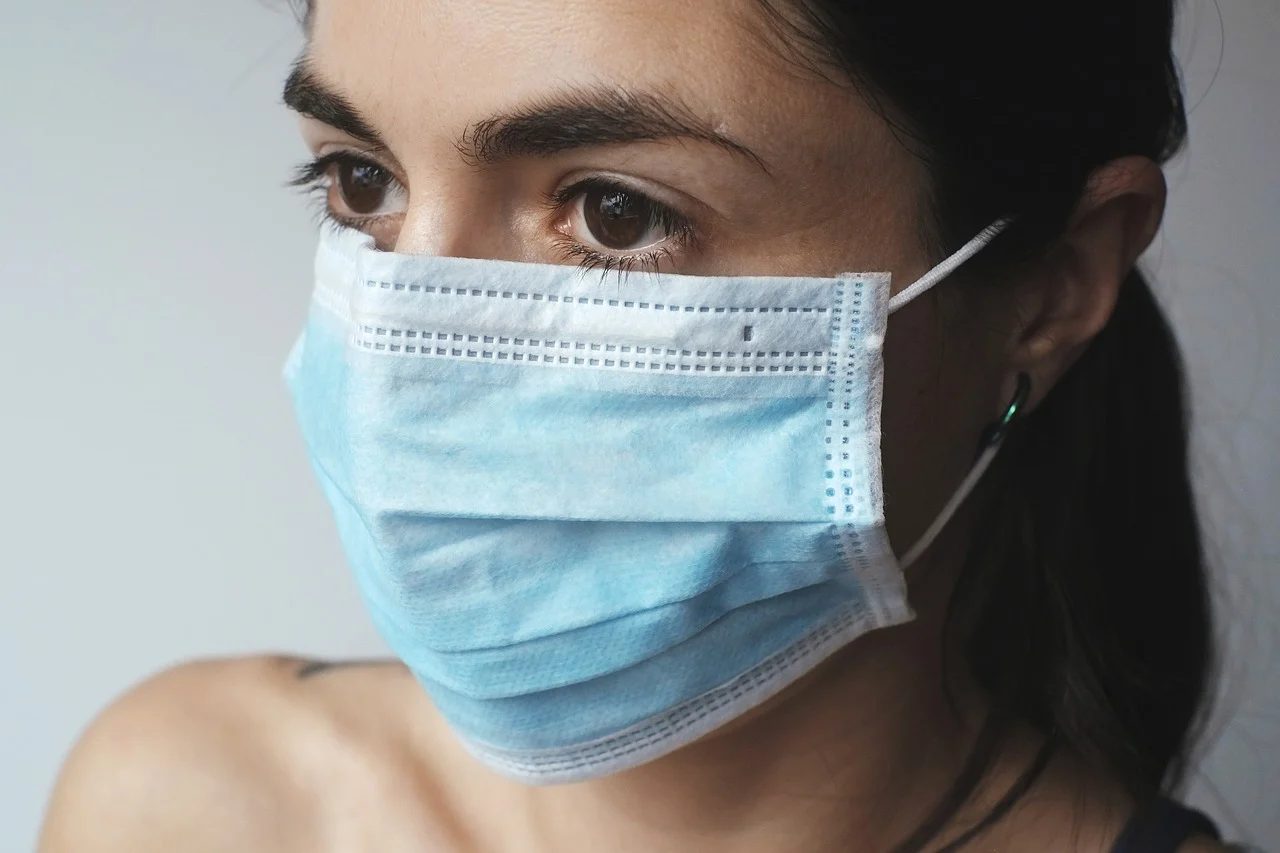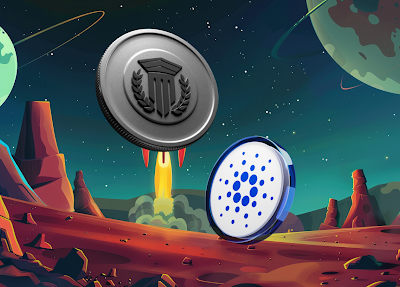The Covid-19 pandemic that the world is experiencing has made life quite difficult for many. It has infected millions across the world, led to lockdowns all over the world, and has had a major impact on the world economy.
However, there is some growing optimism around the world thanks to several Covid-19 vaccines that have been approved for emergency use. While many are happy and excited to be vaccinated to protect themselves and others, there is also a lot of misinformation about these vaccines as well.
Without any further ado, this article is going to go over 4 myths about the Covid-19 vaccine that simply are not true.
The Vaccines Have Dangerous Side Effects for Most People
This is simply not true. Throughout the large trials that were done to test the vaccine, very few people ended up with serious side effects. Of course, those with a weakened immune system or who have underlying or pre-existing conditions should speak with a healthcare professional before taking any vaccine, to make sure it is safe for them. But again, that is only precautionary and should only impact a small subset of the population.
Most of the side effects that the average person can expect to experience are relatively mild and short-term. This can include pain and swelling at the injection site, headaches, chills, and fatigue. These are in line with the side effects experienced with most vaccines.
Of course, there is the risk of serious side effects, but they are incredibly rare, just like with any vaccine or type of medication. If you want to learn more about these vaccines and their safety, be sure to check out this article: Is the coronavirus vaccine safe and effective? Doctors on HealthTap weigh in | HealthTap
The Vaccine Can Actually Give You Covid-19
This is not true, simply because of how the vaccine works. In many other cases, a vaccine will include a weakened version of the virus that is used so your body can learn how to fight off the full virus. In some cases, these vaccines can infect individuals who have compromised immune systems.
However, with the Covid-19 vaccine, this isn’t the case. There is no live and/or weakened virus in the Covid-19 vaccine at all. Instead, this vaccine includes mRNA that tells your body the instructions to produce the spike protein of the virus that is responsible for infecting us. Because of this, your body will learn and remember how to fight off and destroy this particular protein, which will stop Covid-19 from being able to infect you. So with no virus in the vaccine, there is no chance it can give you the virus.
Once I’m Vaccinated, I’ll No Longer Need to Wear a Mask or Socially Distance
While we all want to get back to normal, this myth is not a fact. Even once you get vaccinated, you will still need to wear a mask and abide by the laws. There are several reasons for this. We don’t know how long immunity will last, no vaccine is 100% effective, the herd immunity threshold isn’t known and you simply can’t know who all has been vaccinated.
As for when we will be able to stop wearing masks and distancing, it depends. It could occur once we know everyone has been vaccinated or until we reach herd immunity. It is yet to be known exactly what the future holds, but don’t expect to be able to go around maskless simply because you got the vaccine. You should still abide by all measures to keep yourself and others safe.
The Vaccines Were Developed Too Quickly to be Safe
There is a lot of talk about the vaccines being unsafe because of how quickly they were created and introduced to the public. While this is a valid concern, it is a myth that they are unsafe simply because they were developed quickly.
While they were developed quickly, the actual tests and clinical trials were not rushed in any way. They were done completely by the book, to ensure the vaccines were safe and effective. Also, with Covid-19 being fairly similar to other coronaviruses, there was the existence of previous research that could help the process along quicker.
In conclusion, there are many myths out there surrounding the Covid-19 vaccines that are simply not true. Be sure to get all your information from reliable sources, and always do your own research.



















Comments